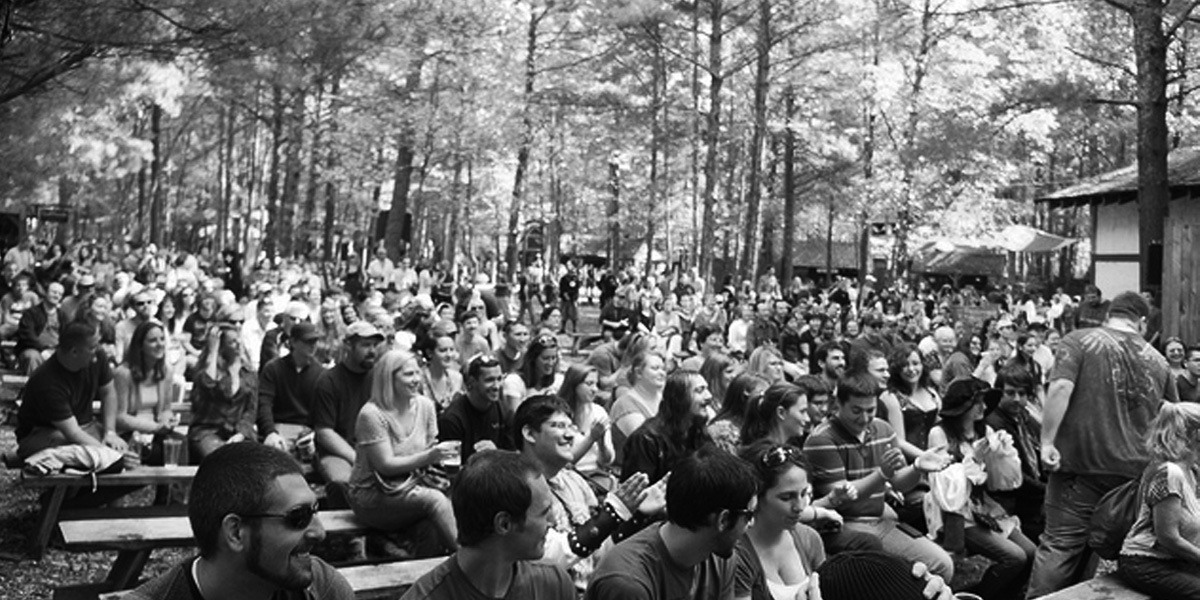Thinking positive: The power of putting in your share of taxes
I voted in my first general election back in 1992. Yet, in all my active democratic life, a mainstream party has never stood up and presented tax as a good thing. Neil Kinnock, whose famous tax hikes supposedly lost him...
I voted in my first general election back in 1992. Yet, in all my active democratic life, a mainstream party has never stood up and presented tax as a good thing. Neil Kinnock, whose famous tax hikes supposedly lost him the election, carried the aura of a man who thinks of tax as a punishment for people who are too rich. Mature analysis of that election shows that the tax agenda wasn’t what lost it for him, but his punitive stance certainly failed to win it. Personally, I don’t want to vote for any government that looks as though it would enjoy punishing anybody. But everybody, from left to right, distrusts a government that relishes punishing the rich.
The misunderstanding of the true reasons behind Kinnock’s failure has been devastating for British politics, ushering in the widespread belief that no one ever votes for higher taxes. Instead, governments get in promising no tax rises, then tinker around with stealth taxes once they’ve been elected.
This truism must be overturned, not only because it erodes trust in the system, but also because it is not true. When people are asked what makes them most proud about Britain, they always say the NHS. When asked what to do about railways, they mostly say, ‘renationalise them’. They love big, ambitious, future-proof institutions, things that no one in a million years could afford alone. In fact, voters actually love tax, but they can never show it, because it’s never one of the answers on the democratic multiple choice at election.
Nobody will create a new normal under current discursive conditions. Someone has to make a positive case for tax. And this does not mean making a case against tax avoidance, which many politicians already do well. It doesn’t even mean making a case for progressive tax, which a few politicians and a number of excellent campaigners do. It means falling in love with tax itself, not for what it can buy, and not even for its levelling effects, but for the act of paying it, the act of putting in your share. The act of contributing. In Britain we understand pooling resources at some fundamental cultural level. In the comfort of our public houses, we invented the ‘round’. This is unlike tax, in that we’re still generally buying the pint-sized units we’d have bought individually, rather than one enormous pint which will last us until the future. However, it is like tax in that it conveys fellowship and trust. The system rejects outright the idea of the freeloader. Someone may try to dodge the round, but what of it? That person looks small; the round survives. This example alone undermines the very fabric of right-wing anti-state rhetoric which claims that we can’t have healthcare, social security, or support for the disabled, as they’re vulnerable to the freeloaders who might abuse it.
We also have a cultural bent towards sharing as insurance, a statement of solidarity that allows you to meet the future without fear. That’s how Christmas clubs and building societies came into being, how co-ops were created, that’s ultimately what unions were about, the pooling of (mostly) power and (a small amount of) wages. We understand sharing; we understand what’s to love; we understand the hollowness of keeping for oneself what could have collectively made us far richer.
For these fundamental principles to permeate politics, we need a rediscovery and reaffirmation of the concept of a public good. For years, there was no need to defend this idea. Some things, like education, health, infrastructure, housing, make everyone in society richer, even those who aren’t using them. It was just so obvious.
Now, every service is presented as something one group got over on the others. Why are we all paying for universities, just so that middle class kids can use them? Why do we all have to pay for bariatric surgery, just so that fat people can stay alive? Why have renewables, when I’m going to be dead by 2100? Why have social security? You’re self-employed, who’s going to look after you?
We cannot reform arguments around tax until this suspicious-minded pettiness has been confronted. What is the point of a service you don’t use? Well, it makes your world better. Your compatriots end up happier, your community is safer, your economy is boosted, and your children might need it. And if you won’t accept any of that, then see it as an act of thanksgiving. Pay for these services precisely because you do not depend on them.
The final major stumbling block is that we want to believe in tax, though we can only do so if it’s in the hands of a state we believe in and trust. But how can we, when none of its executors seem to understand the point of it?
Yet, this conundrum could be a virtuous circle rather than a vicious one. The MP that gets it and embraces revenue-raising as an act of trust, could be the MP that people trust to steward it.
Zoe Williams is a columnist at the Guardian
This article originally appeared in the Winter 2014 edition of the Fabian Review. For more information on the Fabian Society’s tax reform programme, visit www.fabians.org.uk/the-future-of-tax
